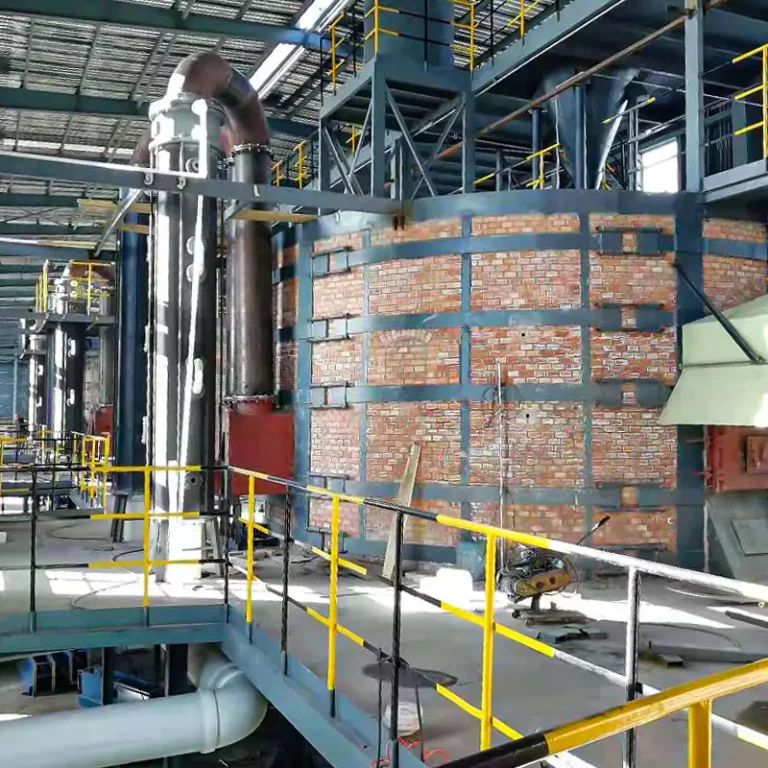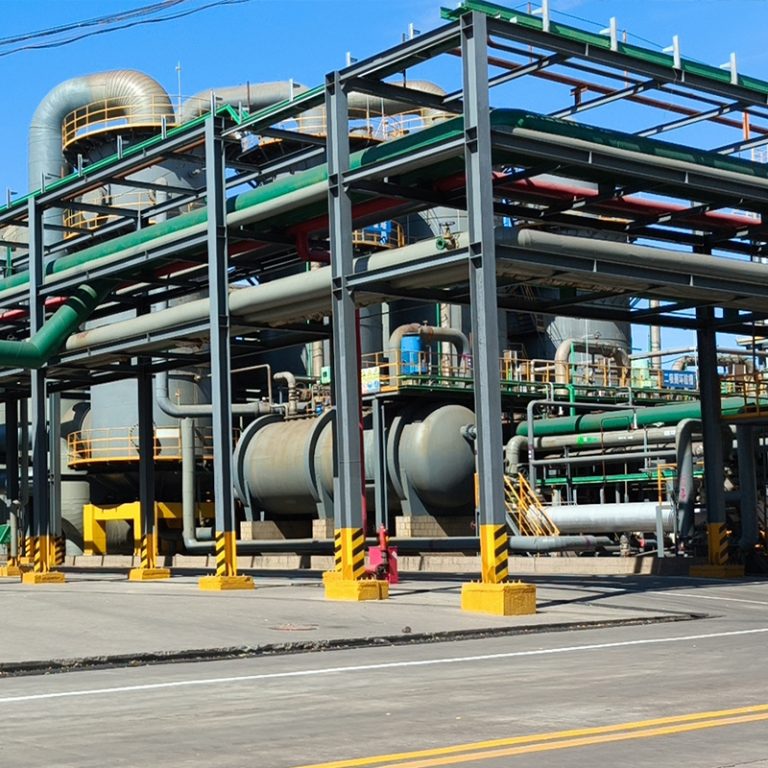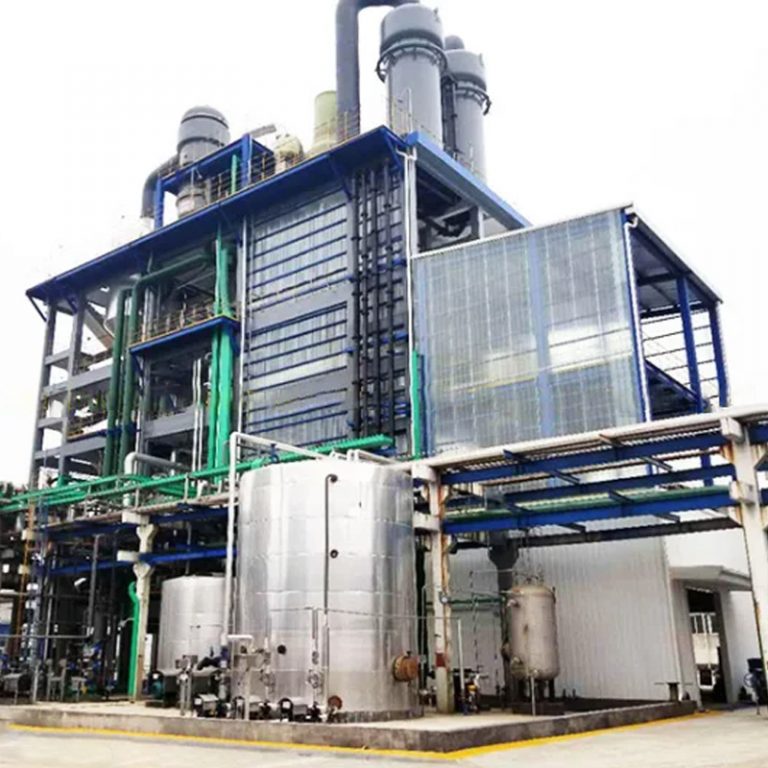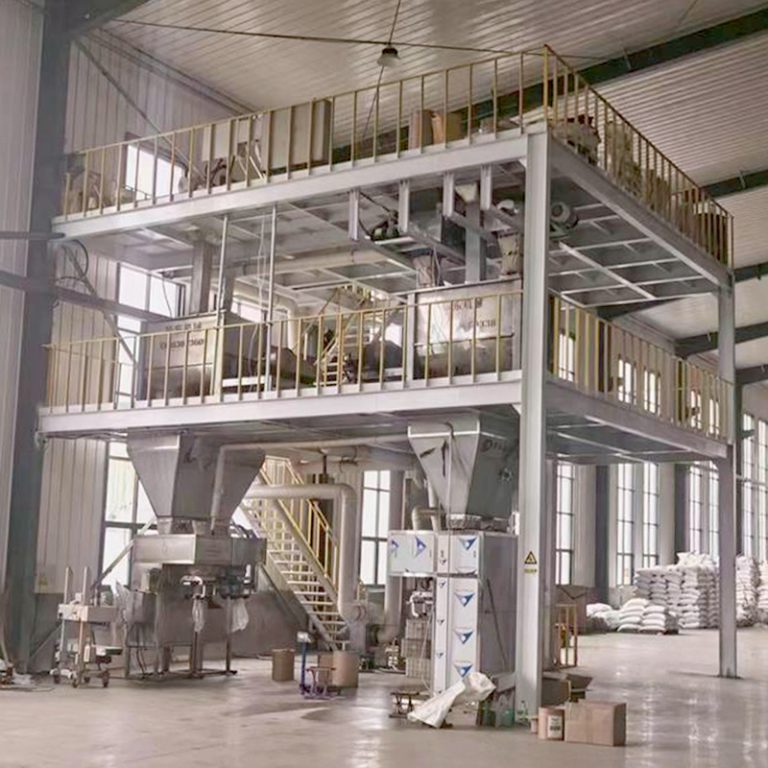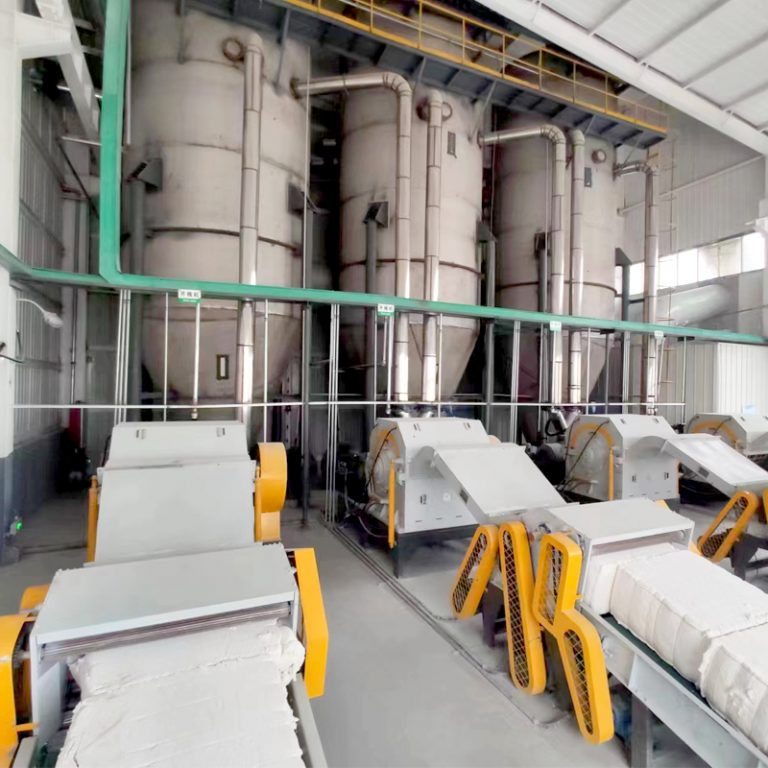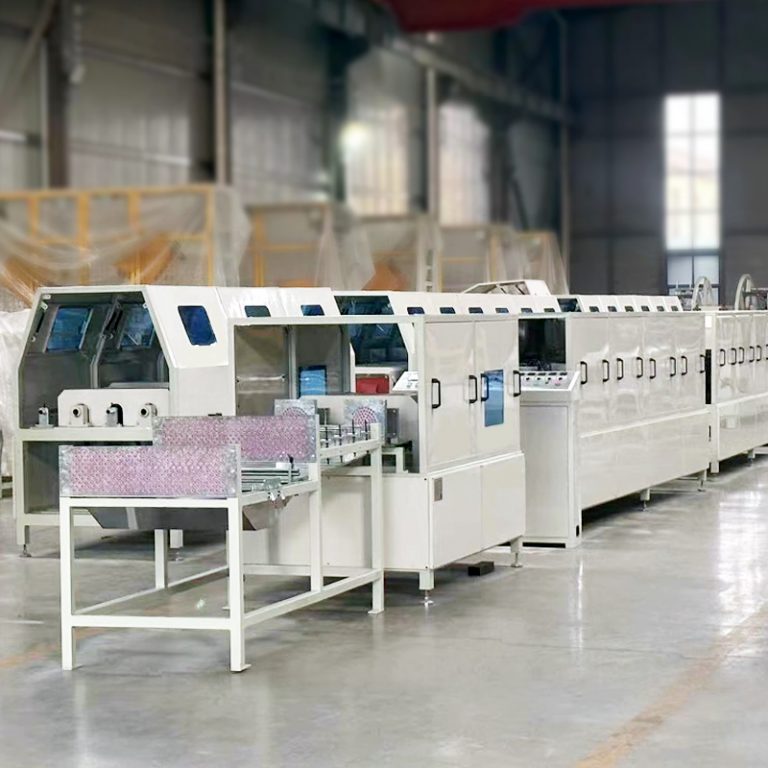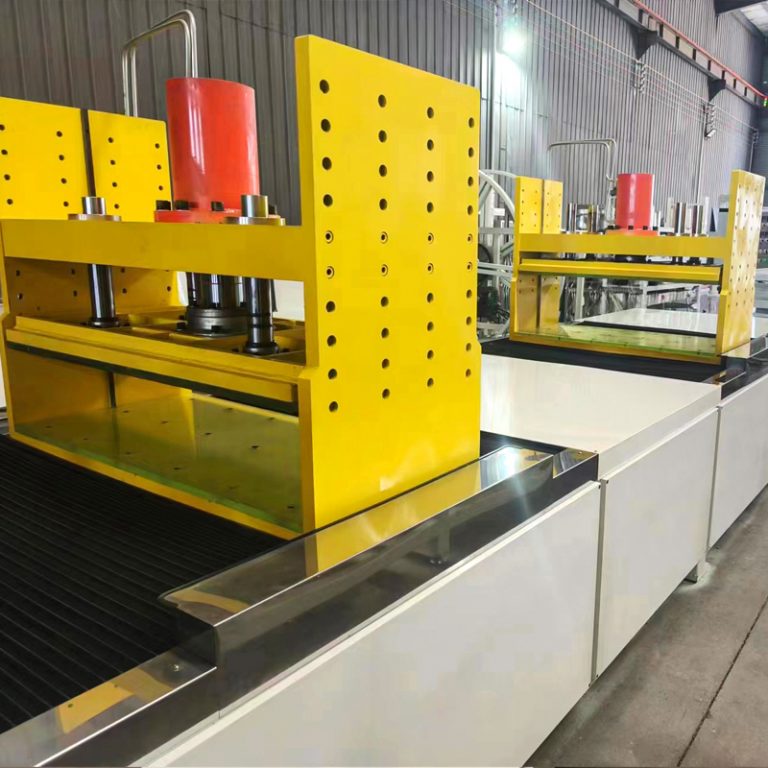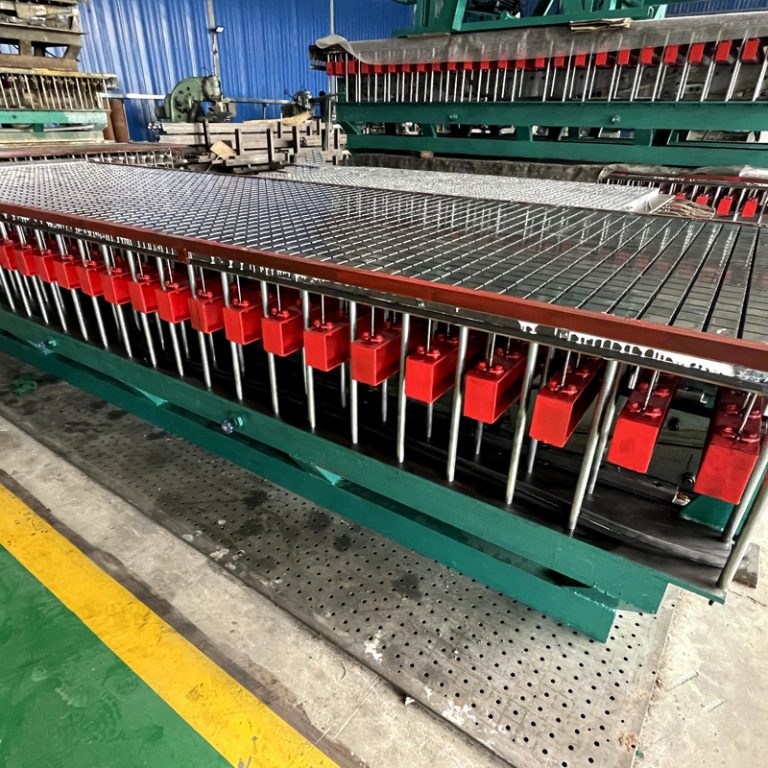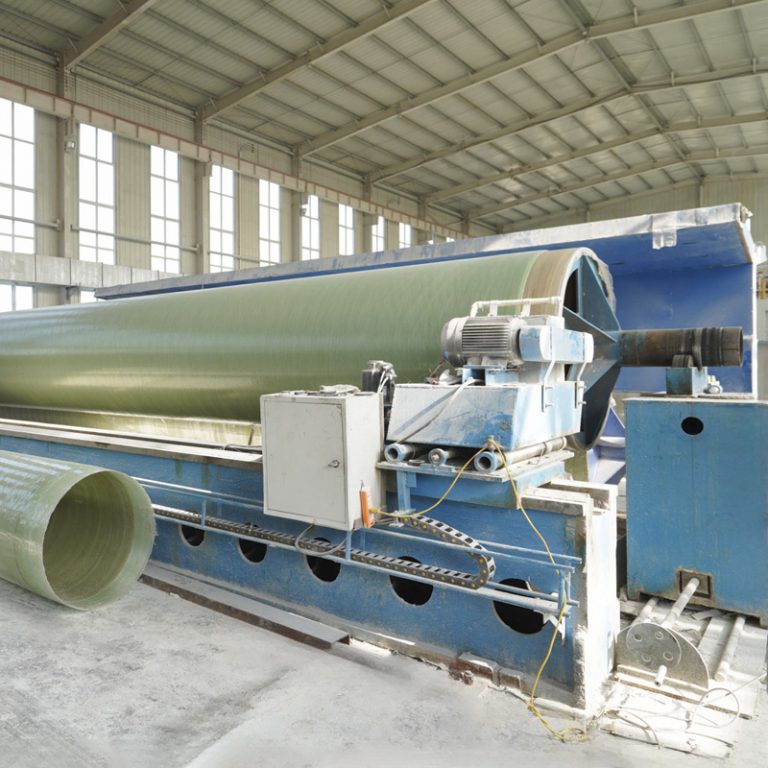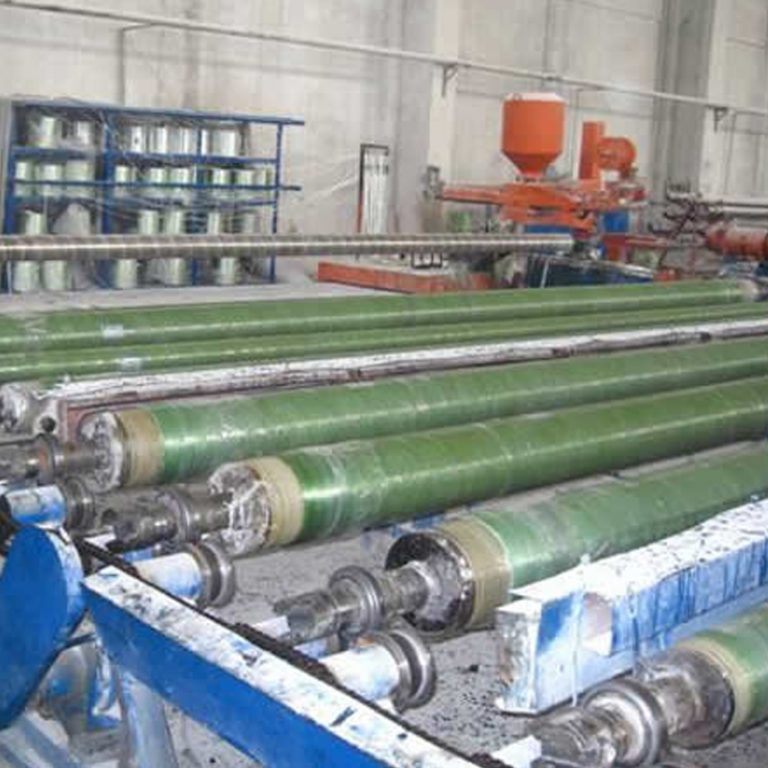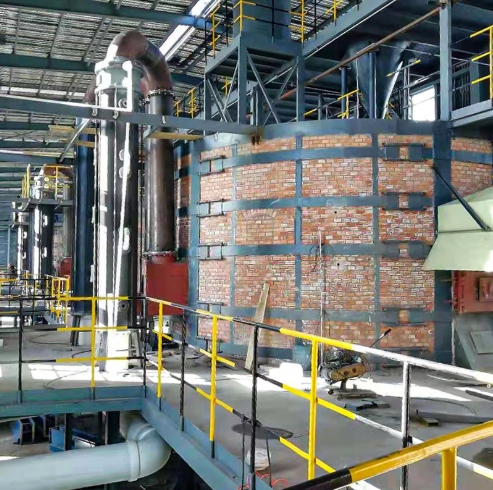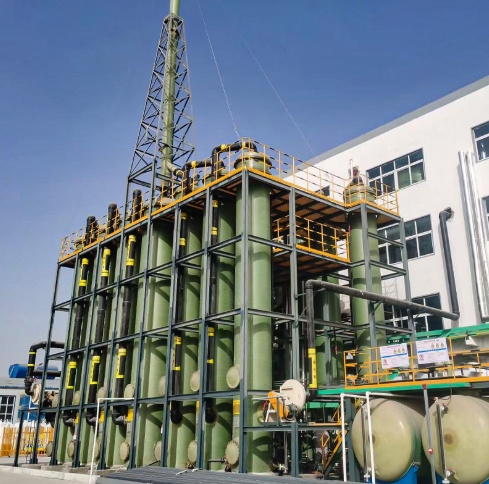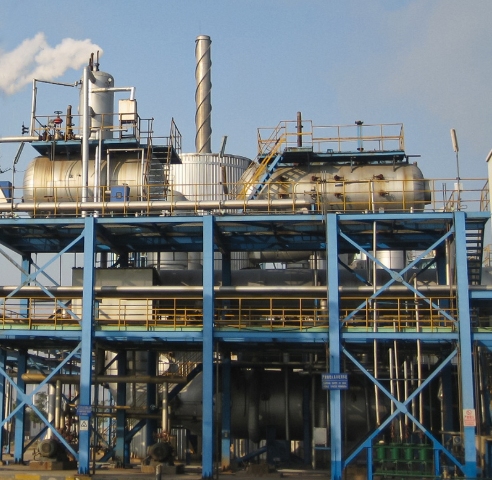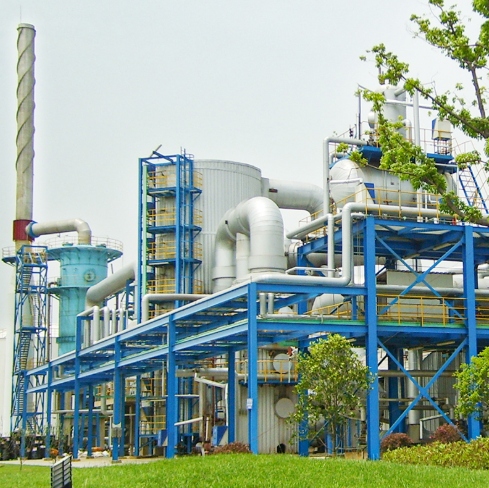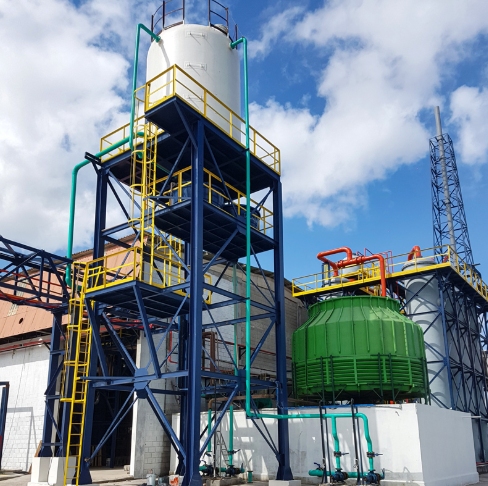Benefits of Establishing a Production Line
Economic Advantages of Producing Locally
Setting up a production line in the area provides substantial economic advantages to companies manufacturing goods close, to their customer base can lower shipping expenses and speed up delivery times this method also boosts local economies through job creation and industrial expansion as an example Hebei Aoliande Chemical Equipment Co., LTD has effectively employed this tactic by establishing manufacturing plants that meet worldwide demand and contribute to the growth of the regional economy.
Meeting Growing Market Demand
The need for items such as potassium/sodium sulfate has increased recently because of their use in both farming and various industries. Since companies can effectively fulfill this growing demand by setting up a manufacturing line while ensuring a steady flow of supply. Aoliande has established a plant that produces potassium fertilizer in Inner Mongolia with a production capacity of 160000 tons of potassium sulfate and 200000 tons of top-notch hydrochloric acid. This showcases our ability to expand production to cater to market requirements.
Enhancing Product Quality Control
Setting up a production line in an area helps ensure that products meet industry standards and satisfy customer needs by implementing strict quality control measures. By utilizing cutting-edge technologies and detailed procedures manufacturers can consistently deliver top-notch products. Aoliande emphasizes quality management systems and delivers premium goods with the help of skilled technical teams highlighting the significance of quality assurance, in manufacturing.
The Production Process for Potassium/Sodium Sulfate
Raw Materials Required for Production
The manufacturing of potassium/sodium sulfate mainly includes the utilization of ingredients like potassium chloride (KCl) and sulfuric acid (H2SO4). These components react chemically under temperatures to yield the end product. The Mannheim Process is widely employed worldwide as a technique for generating potassium sulfate. This method represents a portion of the industry’s global output at 50 6,0%, underscoring its importance in the sector.
Technologies Used in the Production Process
The Mannheim furnace process is commonly used because it is effective and dependable in its operations. Aoliande has enhanced the Mannheim furnace equipment to ensure heating and thorough reactions with minimal energy usage. New materials and technologies have also been introduced to improve the absorption efficiency of acid while addressing environmental issues. Automation systems, like PLC control, are implemented to streamline manufacturing processes by adjusting raw material ratios and cutting down on labor expenses.
Environmental Considerations in the Production Process
Environmental sustainability plays a role in today’s production methods, and the Mannheim process stands out for its integration of waste recovery systems that recycle hydrochloric acid (HCl) to reduce environmental harm effectively. Moreover, Aoliande’s upgraded HCl absorption system not only boosts product quality but also tackles environmental concerns in a meaningful way, showcasing a dedication to eco-conscious practices in the chemical manufacturing industry.
Factors to Consider Before Investing
Initial Investment Costs and Setup Requirements
Establishing a production line for potassium/sodium sulfate entails an upfront investment in infrastructure, machinery, and materials for companies to consider the expenses linked to procuring sophisticated equipment like Mannheim furnaces and integrating automated control systems. Aoliande provides a range of services encompassing design, supply chain management, transportation, installation oversight, and commission guidance to simplify the setup process for investors.
Market Trends and Profitability Analysis
Studying market trends is important before deciding to invest in a production line, for sure! The increasing need for fertilizers such as potassium sulfate offers chances for companies looking to get into this market space. Nevertheless, investors have to think about things like how much the materials cost and what kind of pricing strategies their competitors are using. The total cost of the end product made with the Mannheim process comes out to about $500 per ton because the materials used are quite expensive. So it’s crucial to find a balance between making a profit and running things efficiently.
Regulatory and Compliance Requirements
Adhering to standards is crucial for ensuring the smooth functioning and market approval of products in the industry field as it involves compliance with environmental rules and safety measures along with obtaining relevant certifications such as ISO9001 and ISO14001 by companies like Hebei Aoliande Chemical Equipment Co., LTD. showcasing their dedication to upholding excellence, in production practices.
Using cutting edge technology and strict quality standards while also being proactive about issues are key factors that set companies like Aoliande apart for their outstanding performance in creating effective production lines, for potassium/sodium sulfate to meet worldwide needs and promote sustainable methods.
The Future Potential of Potassium/Sodium Sulfate Industry
Innovations in Production Technologies
The potassium/sodium sulfate sector is experiencing progress in production methods with a focus on the Mannheim process in particular. The Mannheim process involves mixing potassium chloride (KCl ) with acid (H₂SO₄) at elevated temperatures and is widely employed worldwide. Aoliande has made enhancements to the Mannheim furnace equipment to ensure uniform heating and complete reactions while also decreasing energy usage. These upgrades not only boost efficiency but also tackle environmental issues by integrating advanced hydrochloric acid absorption systems.
A significant advancement is the use of automated control systems like PLC technology in the industry nowadays. These systems permit modifications to ratios of materials used in production processes, improving the quality of products while cutting down on labor expenses. Also, Aoliande has incorporated a gas generator, for heat generation instead of traditional methods to boost energy efficiency further.
The use of materials in manufacturing machinery has been crucial as well. Certain parts of Aoliande’s potassium sulfate fertilizer machinery are crafted from materials that resist corrosion and last longer, thus prolonging the lifespan of equipment and cutting down maintenance expenses. This advancement in the sector’s dedication to progress and environmental responsibility.
Expanding Global Market Opportunities
The worldwide need for potassium and sodium sulfate is on the rise as they are widely utilized in agriculture and various industries. Potassium sulfate (chemical formula K2SO4) is a choice as a high-quality fertilizer due to its ability to supply vital nutrients without introducing chloride that may harm specific crops. Meanwhile, sodium sulfate is commonly employed in detergents production, cement manufacturing. The making of paper products.
To meet the increasing demand effectively and strategically position itself in the market focus area of the Inner Mongolia potassium fertilizer industry sector Aoliande has set up a factory for potassium fertilizer production in this region The facility boasts a yearly capacity of 160 000 tons for potassium sulfate and 200 000 tons for top-notch hydrochloric acid showcasing its ability, for large scale manufacturing geared towards serving international markets efficiently.
In developing nations, offer opportunities for business growth to flourish as farming techniques evolve in areas like the Asia Pacific and Africa; there will be a rising demand for top-notch fertilizers like potassium sulfate shortly. Aoliande’s proficiency in creating and providing solutions—covering everything from material distribution to transport logistics to on-site installation support and operational advice—places it at the forefront of fulfilling these increasing needs.
Moreover global industry regulations are encouraging companies to embrace approaches. Aoliande commitment to friendly manufacturing techniques is in line, with this movement enhancing the appeal of its products to environmentally aware consumers.
FAQ
Q: How is the purity of Potassium/Sodium Sulfate ensured in the production process?
A: In the production of potassium/sodium sulfate maintaining product purity is of importance.The Mannheim process plays a role in ensuring this objective by conducting controlled chemical reactions, at elevated temperatures. Aoliande has implemented enhancements to the design and materials used in their furnaces to achieve consistent heating and thorough reactions that reduce impurities to a minimum level.
In addition to that advanced systems, for absorbing acid have been included in the production process. These systems not boost the efficiency of absorption but also enhance the overall quality of the end product. Moreover automated control technologies play a role in ensuring feed stock ratios are maintained consistently during production.
Quality control systems are also essential in this process that Aoliande gives importance to adhering to strict quality standards, with the help of expert technical teams to ensure that every batch meets industry regulations before being delivered to customers.
Q: What are the main applications of Potassium/Sodium Sulfate produced in this line?
A: Potassium and sodium sulfate created with Aoliande state-of-the-art technologies are widely used across industries for their adaptability and dependability.
- In agriculture, potassium sulfate is mainly utilized as a fertilizer for crops that are sensitive to chloride ions promoting plant growth through the provision of vital nutrients such, as potassium and sulfur.
- In industries, sodium sulfate is widely used in making detergents as a filler ingredient well as, in the production of glass and paper pulp.
- In the realm of chemical manufacturing, hydrochloric acid produced as a byproduct while making potassium sulfate finds utility in various sectors within the chemical industry.
- Aoliande’s product line plays a role in managing waste gases and improving urban water supply systems to address environmental challenges effectively.
- Various industries that utilize these products for their operations are food and beverage production,seawater purification processes, power plant emissions control, manufacturing of titanium dioxide, metallurgy applications, and polysilicon manufacturing.
- The wide array of GRB products and tools offered by Aoliande are designed to work across different uses in agriculture and industry sectors.
Contact Us
Our team is committed to offering guidance and design solutions customized to meet your needs in terms of material supply and transportation logistics as well as providing supervision during installation and guidance, during commission. Allow us to assist you in reaching the pinnacle of success in your production efforts!








